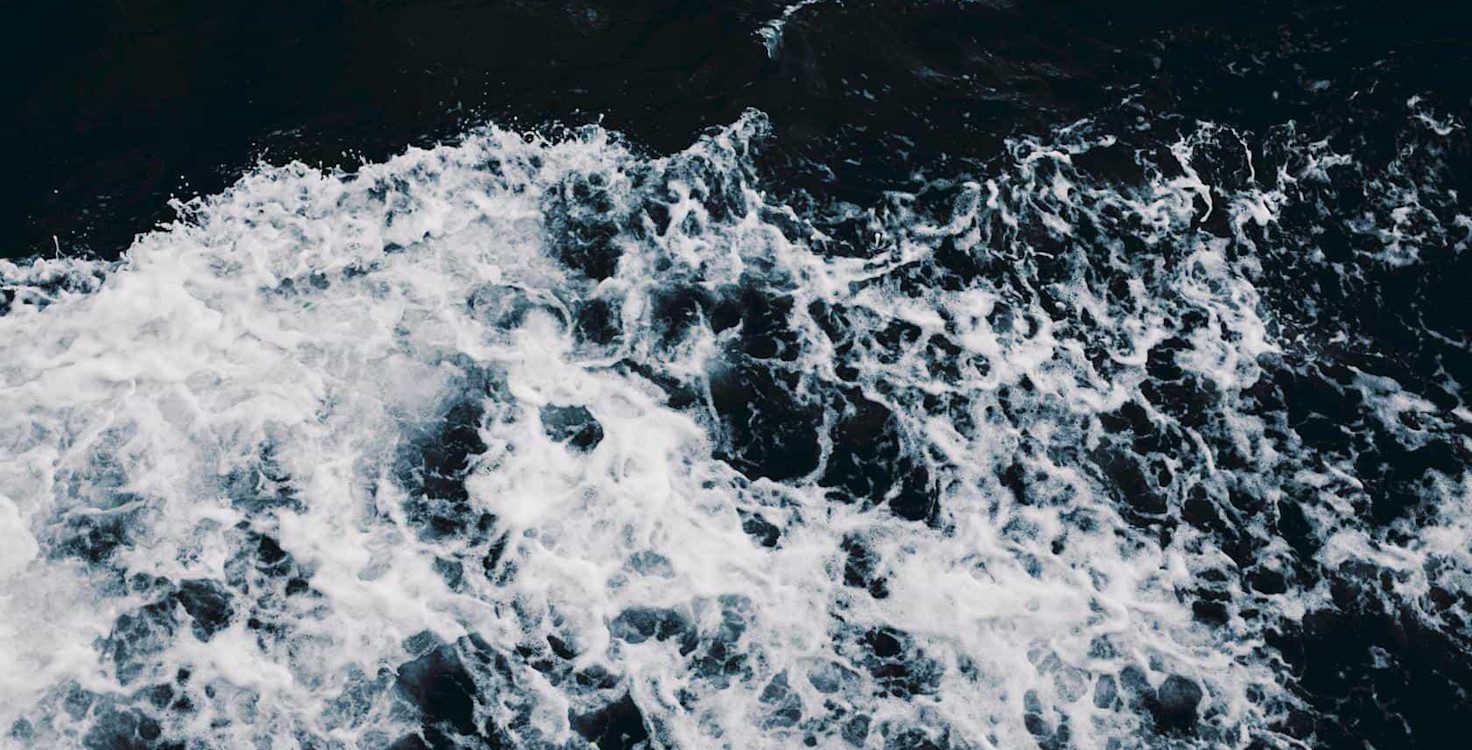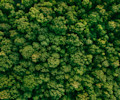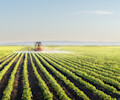Intensive farming has widespread negative consequences on the marine ecosystem and water supply. Runoff from barnyards and feedlots can carry manure into our water system heightening the risk of E. coli and can cause toxic algal blooms that can destroy marine life. In the aquaculture industry, intensive fish farming produces concentrated waste which pollutes the water and smothers plants and animals on the seabed.
Types of marine pollution
Chemical marine pollution
Some types of aquaculture heavily use chemical treatments in order to secure a successful harvest. For instance, over application of medicinal sea lice treatments can negatively impact other marine animals and plants. Frequent antibiotic use can also result in the emergence of antibiotic-resistant bacteria, which can affect our ability to treat human diseases.
Organic pollution
Waste from animal farms also includes:
solid, organic waste such as faeces (and in the case of aquaculture, uneaten feed)
excess nutrients, namely phosphorus and nitrogen
Excess nutrients in water bodies, such as nitrogen and phosphorus, pollute marine environments and increase the risk of eutrophication. This occurs when certain seaweeds and algae grow at such a rate that oxygen levels in water are depleted and other marine life is unable to survive. This leads to the development of ‘dead zones’ where marine life is unable to survive. This can affect marine animals and farmed fish.
Causes of marine pollution
Land runoff
Excess stormwater or meltwater can flow over the earth’s surface when the soil is saturated to full capacity. When it flows over farms it picks up manure and fertilizer and transports them into lakes and oceans. These nutrients can then feed seaweed and phytoplankton, preventing other important native species from growing, causing eutrophication.
Sewage
Untreated sewage pouring into the world’s seas and oceans is polluting water and coastlines and endangering the health and welfare of the people and animals that inhabit them. Large-scale factory farms are significant contributors of wastewater.
Agricultural waste
Factory farms sometimes store animal waste in huge, open-air lagoons, often as big as several football fields, which are prone to leaks and spills. In 2011, an Illinois hog farm spilled 200,000 gallons of manure into a creek, killing more than 110,000 fish.
When lagoons reach capacity, farmers will often opt to apply manure to surrounding areas rather than pay to have the waste transported off-site. According to the USDA, animal waste can contaminate water supplies and omit harmful gases into the atmosphere when over-applied to land.
Effects of marine pollution
Food chain and ecosystem impact
The effects of many forms of water pollution multiply as they move up the food chain. When a marine mammal eats another organism it retains the pollutants that were inside its meal as part of bioaccumulation. Consequently, higher levels of toxins are usually found in bigger fish. When mammals then eat the polluted aquatic life, the contaminants spread throughout the food chain.
Impacts on human health
The impact of bioaccumulation and spread of contaminants from marine mammals to humans is of grave concern. In particular, the ingestion of tiny plastics beads, which contain heavy metals such as lead, mercury, cadmium and diethylhexyl phthalate, an extremely toxic carcinogen. These and other toxins are often linked to cancer, birth defects, immune system problems and childhood developmental issues.
Dead zones
Dead zones form in water bodies where aquatic life cannot survive because of low oxygen levels. Run-off from industrial-scale factory farms or overflow of manure lagoons can cause nutrient pollution in bays, lakes and coastal waters. Excess nitrogen in turn can cause an algae blooms which consume oxygen and block sunlight from underwater plants. The lack of oxygen can make it impossible for aquatic life to survive. Elevated nutrient levels and algal blooms can also cause problems in drinking water in communities nearby and upstream from dead zones.
How marine pollution impacts investors
Intensive livestock farming results in threats to marine environments through pollution, which in turn impacts investors. As noted in the Coller FAIRR Index, waste and pollution management is one of the most regulated sustainability issues affecting the animal protein industry, leaving poor-performing companies at risk of regulatory action.
Practices in the aquaculture sector also create harmful pollutants to the marine environment. Looking through an ESG lens, fisheries companies face a number of material risks to profits. Our research indicates legislation could be on the horizon to restrict use of chemical treatments in the aquaculture sector.










